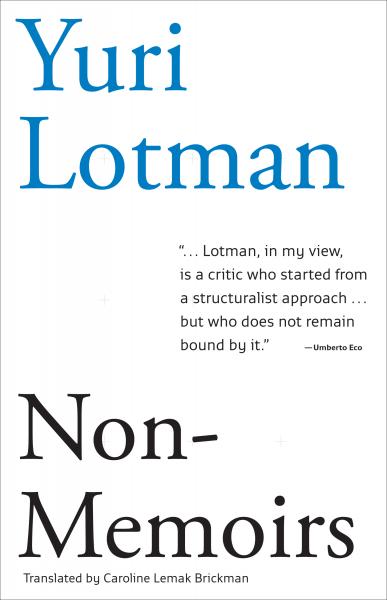Caroline Lemak Brickman

Education: B.A., Russian, Reed College; M.A.; Slavic Languages and Literatures, UC Berkeley
Caroline Lemak Brickman is a Graduate Student in Slavic Languages and Literatures at UC Berkeley.
When did you first develop an interest in Slavic, East European and Eurasian Studies?
I first read Pale Fire in high school, and some of the other students in my English class were Russian heritage speakers. The mysteries and jokes of the novel were available to them in a completely different way, and I envied them terribly. When I got to Reed College, I enrolled in a Russian language class, and the cozy, brilliant Reed Russian Department won me over. I got my first taste of what a devoted, tight-knit community the field of Slavic Studies is.
How have your interests changed since then?
At Reed I developed an interest in translation – both in theory and in practice. Curious about the overlap between scholarly work and creative work, I decided to embark on a translation project in my last year as an undergraduate. Working closely with Zhenya Bershtein, my advisor, I translated and annotated Yuri Lotman’s Non-Memoirs (a curious blend of scholarship and creativity itself!), which Dalkey Archive Press published in 2014. In his memoirs, Lotman relates his experiences on the frontlines in the Second World War in terms of the unlikely kinds of culture created by the war, and the systems of communication they generated. The project of translating the memoirs taught me a lot about the rewards of collaboration: collaboration between soldiers, or scholars, as Lotman discusses, but also between mentor and student, between author and translator.
What is your current research project?
Right now I’m working on a project that conceptualizes the role of the ancient Greek lyric in the modern Russian poetic imagination. I’m looking at translation endeavors in the 19th and 20th centuries through the lens of contemporary translation theory.
What do you value about your ASEEES membership?
I greatly appreciate the role of organization in a field as diverse as ours. I value the quality and interdisciplinarity featured in the Slavic Review, as well as at the annual convention.
Besides your professional work, what other interests and/or hobbies do you enjoy?
It’s important to me that the academy isn’t my sole intellectual pursuit. I’m on the editorial board of the Hypocrite Reader, a monthly online critical magazine. I enjoy translating poetry and short pieces of prose. I’ve recently started attending meetings at the Bay Area branch of the Public School, an international network of courses and reading groups. As of this year, I’m also trying to learn how to play the piano, but it’s slow going.
